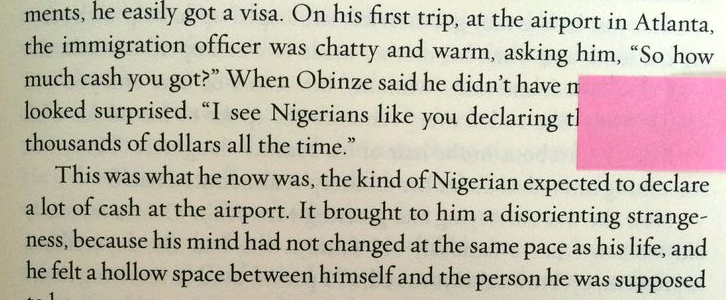Podcast Binge Results: My Favorite Episodes
/Scene: At home on a weekend afternoon.
Me: Gathering the requisite canine-related items to take Schroeder out for a walk. I tell Jacob I'm taking Schroeder out.
Jacob: "You just want to take Schroeder for a walk so you can listen to a podcast."
OK, fine, that is true. But also to get steps. Last Thursday (albeit during my spring break) I reached 20,000 steps. I hadn't hit that milestone on FitBit since our visit to Japan last summer.
Anyway, with all this podcast listening happening, I'd like to share some of my favorite episodes. The explosion of the podcast as a cultural medium has meant that it's fairly easy for just about anyone to make one. However, it's actually quite difficult to make an exceptionally good one. Perhaps I have just been listening to Terry Gross ask difficult questions for far too long.
Disclaimer: This list excludes the most famous podcast of all time, Serial, because I haven't listened to it. Yet. The "yet" is actually a "maybe, yet," because I haven't convinced myself that I can sink 12+ hours into a story. Half an hour for pleasure, yes. But hours upon hours? I think that's where my resistance comes in. When I listen to a podcast, I feel strangely compelled to absorb information, knowledge, etc!!
Here's my list!
1. The New Yorker Fiction Podcast -- March 2015: Etgar Keret reads Donald Barthelme. I sound like a walking contradiction because this is, indeed, a story. But this podcast passes the "teach me something" test because of the way that Keret and fiction editor Deborah Triesman discuss Barthelme's story, "Chablis," which was published in the magazine in 1983. Also, it's a captivating story, one that held my attention while I walked Schroeder at an unspeakably early hour.
2. Fresh Air -- March 18, 2015: Daniel Genis. Genis, the son of a Soviet emigre, was convicted of armed robbery back in 2003. He'd gotten addicted to heroin and held people up with a knife to get money to pay his dealer. While in prison, he read over a thousand books. Terry asked her characterisically difficult questions, such as something to the effect of: "You had relatives imprisoned in Soviet gulags. How did it feel to be incarcerated for armed robbery?" Genis has written many articles, including this one on sex in prison that the Woolly Mammoth Theatre referenced for their current show, Lights Rise on Grace, and has a book coming out soon.
3. RadioLab -- Season 13, Episode 3: How Much Would You Pay For A Year Of Life? RadioLab reporters delve into the controversial buisness of drug pricing and interview both doctors and patients. Another, but weirder, RadioLab favorite is a recent episode called The Living Room. An accidental voyeur discovers something about herself as she peers into lives of neighbors without curtains.
4. Death, Sex, & Money -- April 8, 2015: In Sickness and In Mental Health. I stumbled across this article via Twitter, quickly taking in the horrors that struck one woman as her husband watched and did his best to help. These people are courageous for sharing their experiences with the whole world. Amazing.
5. StartUp -- October 2014: How To Name Your Company. Alex and Matt, co-owners of a new media company, tell the story of how they came up with their company's name. It might not sound thrilling, but Alex, a former public radio superstar, tells a story that is both entertaining and informative.
6. Dear Sugar -- Episode 6: How Do I Survive The Critics? As usual, Cheryl Strayed and Steve Almond answer a reader's question and delve deep into the issues that surround the question. This time, however, they invite on George Saunders as a guest. He explains how he faces criticism. Sidenote: Why do people criticize him? I kept wondering how he could feel so confident and composed when dealing with nasty or critical feedback. (I tend to prefer the nasty, since it's easier to disregard.) I felt better about accepting feedback and even criticism after listening to how Saunders does it.
7. On The Media -- April 2, 2015: Jon Ronson and Public Shaming. After Ronson was the guest on the Daily Show, I looked him up and found this podcast. Ronson discusses his new book on shaming here in much more detail than he could on TV. It's fascinating and horrifying to see how people's lives are indelibly changed by strangers on the Internet.
Please take a moment and share your favorite podcast episodes!

























